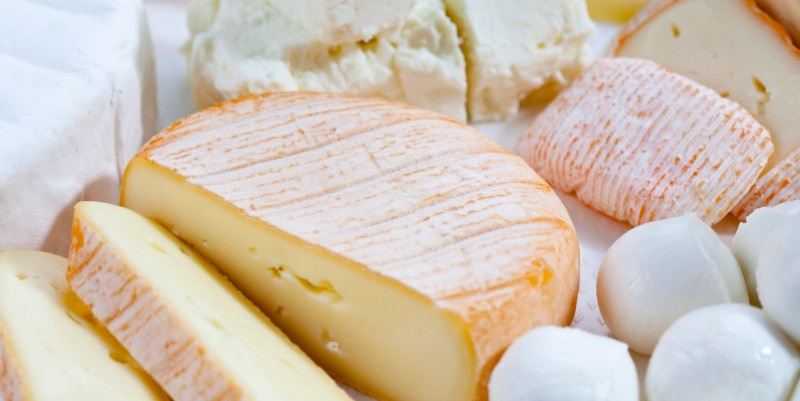by Melissa Chichester
One of the essential trace minerals you can support through dietary intake is zinc. Zinc is an essential trace mineral that plays an important role in immune support.*
However, that’s not the only impressive responsibility zinc has.
In fact, zinc is needed by all living beings to support well-being.
It also assists with DNA formation and is needed for healthy cell growth and division.*
The National Institutes of Health recommends that in adults over the age of 19, men receive eleven milligrams of zinc and women receive eight milligrams per day. The NIH also suggests that while younger adults typically consume enough dietary zinc, adults over the age of 60 consume less than the RDA. Plus, your body does not store zinc, so it is important to consume daily.
If you want to increase zinc intake through your diet, here are 8 foods that are high in zinc (Zinc percentages are from The National Institutes of Health).
Meat is one of the best dietary sources of zinc, particularly red meats such as lamb, beef, and pork. Three ounces of braised chuck roast contains 7 mg of zinc per day, or 67% of the RDA. In comparison, a three-ounce pork chop contains 3 mg of zinc or 26% of the RDA.
Red meat also contains other valuable nutrients, such as amino acids and protein.
For those who don’t eat red meat regularly, seafood is another excellent source of zinc. Oysters are an excellent source of zinc and contain more zinc per serving than any other food.
Just three ounces of oysters provide a whopping 74 mg of zinc, or 673% of the RDA.
If oysters don’t excite your appetite, lobster might. Three ounces of lobster contains 3.4 mg of zinc or 31% of the RDA. Shrimp, mussels, flounder, and crab are also good sources of zinc. Another benefit of seafood is that it contains essential fatty acids.
If you don’t eat meat or seafood but love tofu, you’re in luck. Although tofu does not contain nearly as much zinc as seafood and red meat, it still provides a small amount of zinc. If you have never had tofu before, it is a soy milk food that you can prepare similarly to meats by marinating and pan frying, among other ways to prepare it.
Fortified whole wheat foods are also a good source of zinc. Certain breakfast cereals may provide 25% of the RDA of zinc when fortified with zinc. Other foods that are sometimes fortified with zinc include fruit juice, soup broths, and bread. Read the label to know if your food is fortified with zinc.

Dairy products, such as yogurt and swiss cheese, are also sources of zinc. Eight ounces of low-fat yogurt contains 15% of the RDA for zinc. Yogurt also contains other beneficial nutrients, including probiotics and calcium depending on the brand.
One packet of plain instant oatmeal allows you to start your breakfast with 10% of the RDA of zinc. Plus, you can make your oatmeal even more nutritious by topping it with fresh fruit and berries.
Nuts and seeds, especially cashews, almonds, pumpkin seeds, and pine nuts. Adding fruits and nuts to oatmeal, trail mix, snack mixes, and other snacks is an easy way to increase your daily intake of zinc.
Another plant-based source of zinc are certain fruits and berries. Foods such as blackberries, raspberries, blueberries, avocados, peaches, and squash are all foods that contain zinc.
As you can see, there is a bountiful array of foods that contain zinc! Although meat and seafood are higher in zinc than plant-based foods, you can still get an adequate amount of zinc by eating a variety of foods.